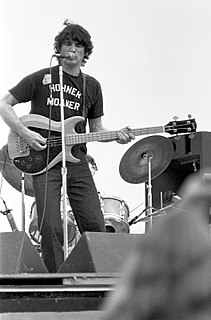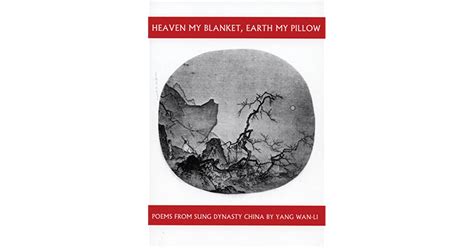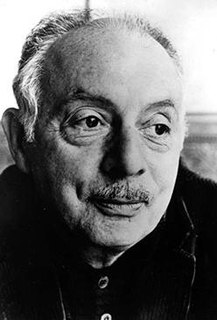A Quote by Lawrence Joseph
The poet resists the pressures of reality, including the pressures of violence, in making, in forming, the poem. The tension is in the resistance - the poem is an act of resistance.
Related Quotes
One of the things you learn as president is, as powerful as this office is, you have limited bandwidth. And the time goes by really quickly and you're constantly making choices, and there are pressures on you from all different directions - pressures on your attention, not just pressures from different constituencies. And so you have to be pretty focused about where can you have the biggest, quickest impact.
Two opposing forces inhabit the poem: one of elevation or up-rooting, which pulls the word from the language: the other of gravity, which makes it return. The poem is an original and unique creation, but it is also reading and recitation: participation. The poet creates it; the people, by recitation, re-create it. Poet and reader are two moments of a single reality.
The subject of the poem usually dictates the rhythm or the rhyme and its form. Sometimes, when you finish the poem and you think the poem is finished, the poem says, "You're not finished with me yet," and you have to go back and revise, and you may have another poem altogether. It has its own life to live.
I know that in a poem, even when the speaker is speaking from the poet's experience, there's always something that's borrowed, some authority that sits outside of the poet that the poem has claimed. There's a dramatic pitch that makes the speaker capable of saying something more courageous or stranger or simply other than what the poet would be able to say.






































